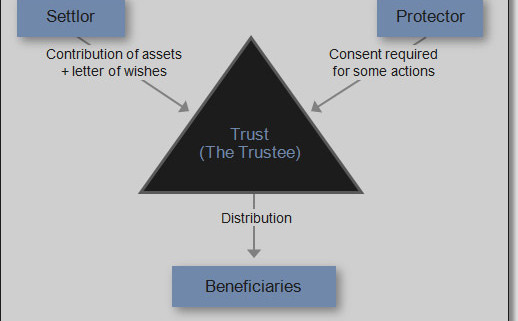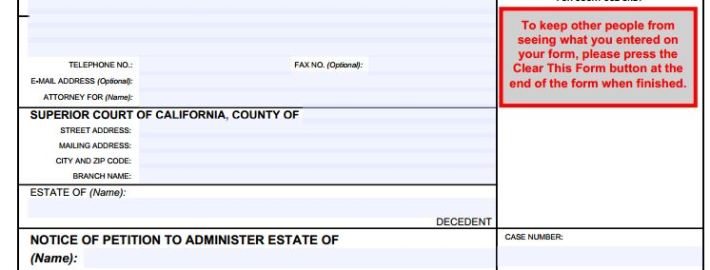California’s Probate Process Explained
The probate process is court-approved and involves the transferring of the assets of a deceased individual to the beneficiaries listed on their will. The process is usually set in motion by the person you have chosen as the executor of your will. Upon your death, he or she will seek an appointment by filing a petition in court. Read more










